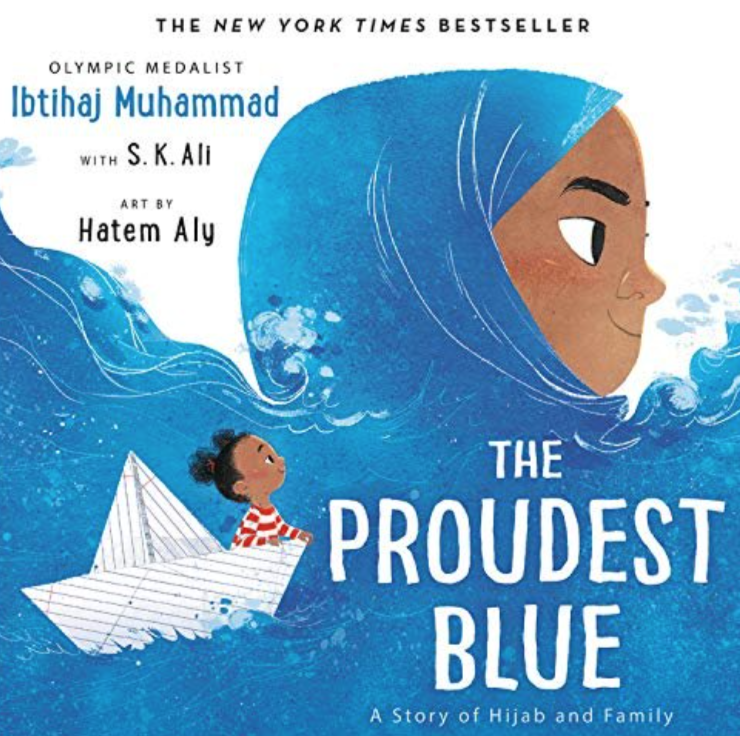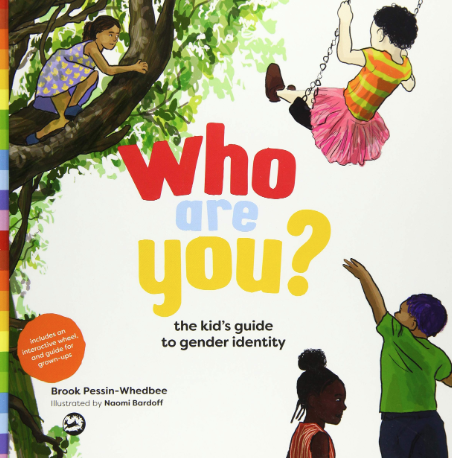Online Workshops 2025
I am part of the team at Child in Mind and am offering a number of online workshops and one-off parenting seminars starting in January 2025. You can just email me to register you at shoshana@childinmind.com
Courses are covered by most extended insurance plans.
This beautiful world – full of systemically meted out pain and misery. This world also is full - at *all times* - of the possibility of the repair. Repairing our disconnections, one fight at a time, is crucial. Avoiding high conflicts is challenging, as I experienced during a car ride with my kids, leading to a high conflict over a song choice. This experience highlights the difficulty of being a good person in a complex world. I am thrilled to join the team at Child in Mind and offer courses, starting with bibliotherapy for kids and adults.
Weekend Reading Circle - Bibliotherapy
Bring your kids to hear books aimed at emotional growth, followed by social and emotional exercises for them while I provide insights to caregivers on connecting deeply with their children. Find the course details here (Group 8) and feel free to email me for more info. You can register here. Please share with your networks!
Young children often experience anxiety, grief, and anger. In these workshops, I use picturebooks that you can read at home to help navigate these big emotions. Each book has a therapeutic goal, such as fostering curiosity, providing validation, and offering emotional support to help children face their fears. These picturebooks help us as parents stay connected to our children during anxious times. Find the course details here (Group 7) and feel free to email me for more info. You can register here. Please share with your networks!
Parenting Your Anxious Child: Bibliotherapy to Help our Children and Ourselves
Workshop Topics
These workshops are ideal for parents, psychologists and mental health professionals, counsellors, teachers and educators, librarians, EDI specialists, and more. Workshops are provided free of charge.
1) On Grief: Using Picturebooks to Speak with Children About Their Social and Emotional Wellbeing
Children experience all of the feelings that adults do, but with none of the emotional regulation strategies to cope with them. Using picturebooks as starting points for conversations with children, we review a number of psychoeducational techniques that are represented in books. Picturebooks are uniquely skilled at providing developmentally appropriate ways for children to understand the pain of grief and sadness – whether is a major loss or the ongoing up and downs that shape all of our worlds.
2) On Rudeness: Using Picturebooks to Speak with Children
About Challenging Behaviour
Children experience and express challenging ideas in challenging ways. Have you ever felt at your wit’s end in dealing with rude or obstinate behaviour from your child? This class will help offer strategies for how to manage rudeness using picturebooks that you can read with your child. The straightforward processes of emotional validation while holding boundaries will be explored – as will how to hold on when your children are being challenging.
3) On Entitlement and Social and Emotional Wellbeing: Gratitude, Possessions and Helping our Children to Have and Feel “Enough”
Have you ever bribed your children to go somewhere and then thought to yourself: “what am I doing?” You’re not alone. Using picturebooks to provide developmentally-appropriate strategies to help children and adults weather the pain and discomfort of wanting something and not being able to have it, or not having the material circumstances you might have wished for, this workshop helps parents speak about the complexities of wanting “stuff.” As young people struggle with big challenges in our world at the same time as feelings of emptiness around the limitations of material culture, picturebooks are psychoeducationally attuned works of art that can help us to see different ways of being together.
5) Using Picturebooks to Help Children Cope with Anxiety
Anxiety, grief and anger are staples of young children’s emotional worlds. In this workshop, we rely upon a number of picturebooks that parents can read at home to help them navigate these big feelings. Each picturebook has a psychotherapeutic objective, including using curiosity, using validation, and using emotional scaffolding to help children face their fears where possible. These picturebooks help us as parents to stay connected to our children when they are struggling with anxiety.
4) On Divorce and Blended Families: Emotional Recovery in the Wake of Big Family Challenges
Family breakdown and reconfiguration is painful – there is no way around it. Here to help provide emotional scaffolding are picturebooks featuring the complexities of family breakdown – from “sometimes” parents who may be differently present after a family reconfiguration to how to help children weather the grief that accompanies family changes.
6) Using Picturebooks to Talk About Big Topics: Sibling Rivalry, Sex, Divorce and Death, Homophobia, Racism
Sex, divorce, homophobia, death, racism – children ask challenging questions. A good picturebook can really help to deepen your connection to your children while talking together about some of life’s challenging topics. We highlight a number of books and suggest some ways of speaking with your child about some of life’s more challenging realities.
7) Equity and Diversity Training for Staff
I have significant experience in providing equity and diversity (EDI) training to a range of professionals, from ECEs and teachers to psychologists and doctors. If you are looking to train your stuff on how the complexities of racism, sexism, classism, ableism as well as homo- and trans- phobias might affect your organization, this workshop is the one for you.
tips & techniques for parents of anxious children:
a picturebooks to grow course
Who is this course for?
Does your child:
Complain of “worries at bedtime”?
Talk about having butterflies in their tummy?
Ask you the same anxious questions repeatedly, seem satisfied by the answer only briefly, ask again a short time later?
Show signs of separation anxiety at drop-off that last longer than expected?
Worry excessively about going to school, going to a playdate, going to camp, joining a group or a team, changing into their bathing suit in front of other children?
If these sound familiar then TIPS AND TECHNIQUES FOR PARENTING YOUR ANXIOUS CHILD is for you!
What will you learn?
This 4 week course will teach you how to help your anxious K-8 child feel more ease and be comfortable.
The course focusses on helping caregivers to support their children. We will help you connect to your child and feel validated, at the same time as we establish appropriate boundaries. We focus on changing parent behaviour to help our children change their behaviour. This well-documented approach helps children face their fears.
There will be exercises to do with your children, exercises you can do as parents, and picture books to read together with your children to help them with anxiety. We take you through a range of exercises to help validate your children’s feelings while holding the boundary on assisting them to face their fears.
I'm busy. How Much Time Will This Course Take?
This course will take place once a week over 4 weeks. Each session is 90 minutes, and will take place over Zoom.
When is this next course taking place?
2024 sessions:
Summer
Thursday, June 6th, 13th, 20th, and 27th. Each session will be from 12 - 1:30pm.
How much does it cost?
The cost for the 4 week, 90min/week course is $250.00.
Who is the instructor?
Dr. Shoshana Magnet is full professor at the University of Ottawa. Her expertise is in using picture books to help children talk about big feelings, including grief and anxiety. You can read more about Shoshana here.
How do you register?
You can register for the program via the Picture Books to Grow store. Simply add the course to your cart and go from there!















